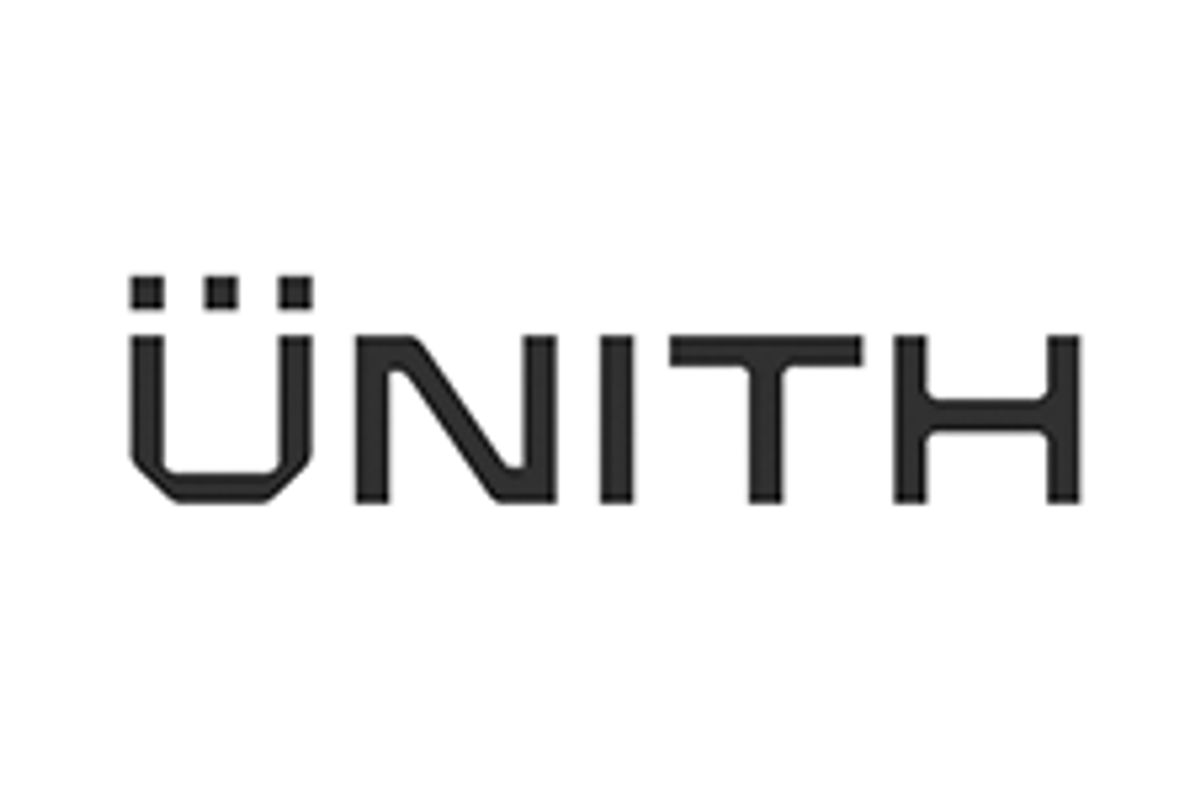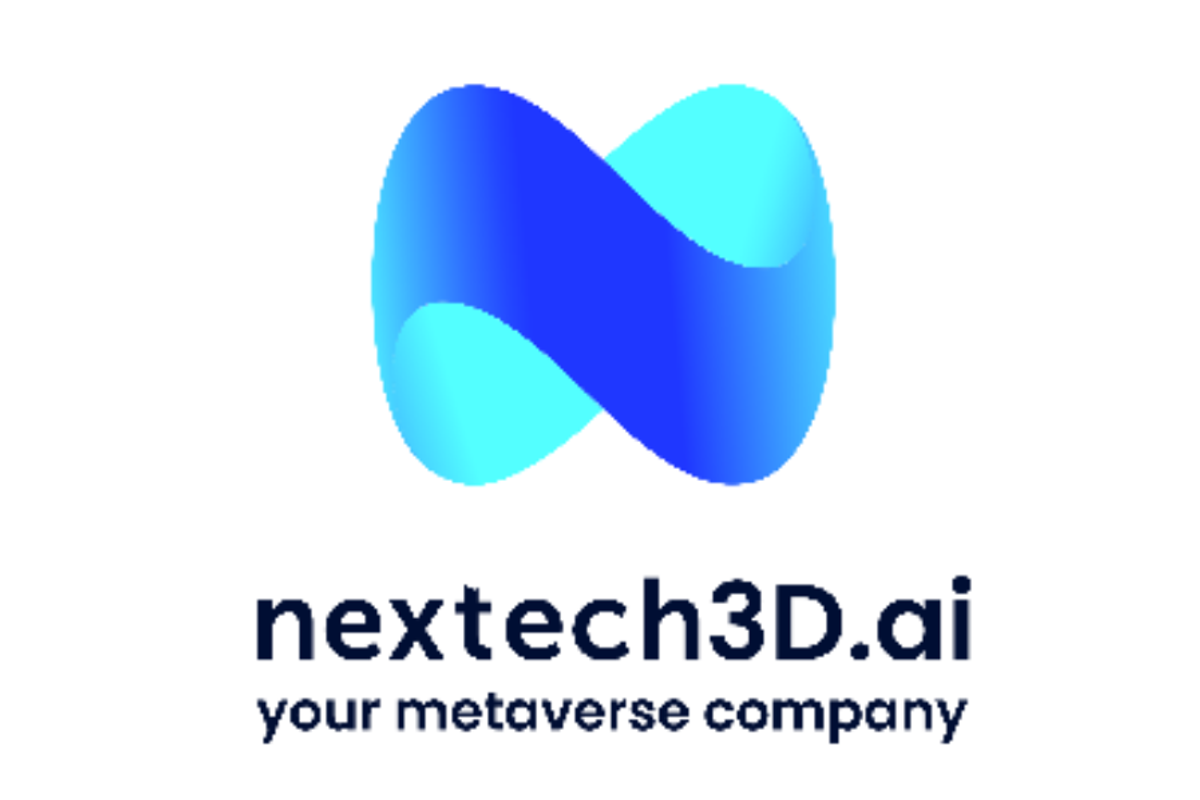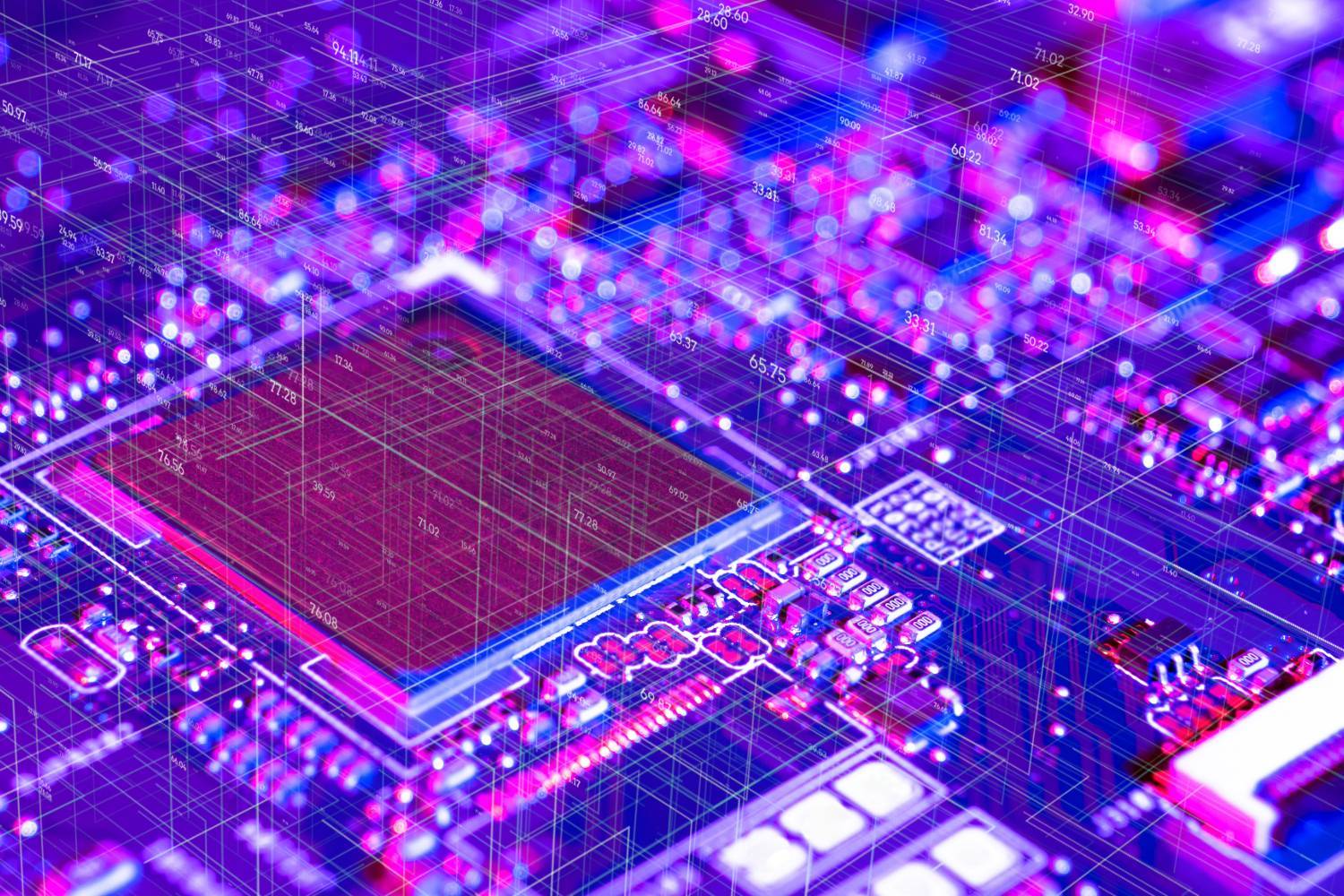
November 17, 2024
Solar security, sensing and visual AI solutions and platforms company Spectur Limited (ASX: SP3) (Spectur or the Company) is pleased to announce the signing of a three-year contract for $787,428 with Transport for NSW (Contract No: CW2592803), with optional extensions to nine (9) years (Total price – nine year term - $2,632,284).
Highlights
- Spectur entity 3 Crowns Technologies Pty Ltd has signed a contract with Transport for NSW for the provision of cameras and analytic services.
- The value of the three-year contract is a minimum $787,428 with an optional extension of a further three plus three years for a total of 9 years (Total price $2,362,284).
- Expansion to new sites included in this contract may increase the annual contract value between $50,000 and $200,000 subject to final scope confirmation, giving a potential contract value of almost $1.4M.
- Year to date sales exceeds all previous records with $4.18m sold (13 November YTD FY25), compared with $2.205m sold October YTD in FY24.
This contract includes the provision of the following services and products:
- Live webcam vision with night vision enabled cameras for 23 existing locations including all hardware supply, installation, maintenance, software and data provisions as a managed service
- Expansion of these 23 locations to new fixed locations. This is currently being scoped
- Provision of new mobile trailer systems. Quantity to be confirmed, with the potential to increase the base contract value of $ 787,427.
The contract follows on from an ongoing smaller contract with 100%-owned entity 3 Crowns Technologies Pty Ltd (3CT), which was extended by 6 months earlier in 2024 and will be replaced when this contract is implemented, anticipated to be in January 2025. There is an optional extension of an additional three plus three years, extending the potential duration of the contract to nine years. This contract will be executed through the 3CT entity.
Key material terms of the contract are included in Appendix A.
This contract win follows on from earlier substantial contract wins with other 3CT entities in Q1, in addition to general growth within the Spectur business. Total sales (including longer term contracts) to date this financial year (at 13 November 2024) are $4.18m, a 90% increase over FY24 October YTD results of $2.205m. Whilst many of these sales are longer term contracts and have not yet converted into revenue in FY25, they underpin long term, secured recurring revenues.
Executive commentary
Spectur Managing Director, Gerard Dyson, said:
“The portion of revenue that is coming from high gross margin recurring revenue continues to increase at Spectur, with current run rates in excess of 60% of total revenue. Many of the projects that form this growing base, including the recent win with Transport for NSW, arise through the growth of existing relationships and accounts. The Spectur ecosystem is becoming increasingly flexible and expandable, with an ever greater number of opportunities to add in third party AI, sensors, cameras, devices and other applications. It is becoming a core platform for many customers, and an increasing number of resellers.
“Spectur continues to win increasingly large projects as evidenced by the year-to-date sales. This funnel of revenue continues to grow and is the product of many years of cultivation that are bearing rewards now and into the future. Ongoing strong, high margin sales, combined with recent cost control activities in response to productivity improvement, underpins the ‘fitness’ of Spectur going forward. These long- term contracts ultimately reduce and then remove the requirements for hardware sales and service to cover costs, ushering in a new era of profitability and a platform for accelerating growth.”
Click here for the full ASX Release
This article includes content from Spectur Limited, licensed for the purpose of publishing on Investing News Australia. This article does not constitute financial product advice. It is your responsibility to perform proper due diligence before acting upon any information provided here. Please refer to our full disclaimer here.
The Conversation (0)
04 February
AI Infrastructure Moving to the Edge to Transform User Experience
While the first phase of the AI gold rush was defined by massive investments in centralized data centers, 2026 is about proving those billions can translate into fast, reliable AI that people will use every day. One Canadian startup, PolarGrid, is betting that the answer lies at the edge rather... Keep Reading...
29 January
Quarterly Activities/Appendix 4C Cash Flow Report
Unith (UNT:AU) has announced Quarterly Activities/Appendix 4C Cash Flow ReportDownload the PDF here. Keep Reading...
20 January
The Performance Chasm: Is the AI Rally Over or Just Shifting Gears?
The investment landscape of 2025 will be remembered for its historic divide, where the widespread boom in artificial intelligence (AI) created a tale of two worlds in the stock market.On one side, the Magnificent 7 and specialized players like Palantir Technologies (NASDAQ:PLTR) drove massive... Keep Reading...
20 January
Nextech3D.ai Scales National Event Infrastructure to 35 Major U.S. Cities; Launches 58 New AI-Ready Experiences to Meet Enterprise Demand
Strategic Integration of Generative AI 'Semantic Memory' via OpenAI and Pinecone Vector Database Supports Rapid Expansion of Corporate Engagement Platforms TORONTO, ON / ACCESS Newswire / January 20, 2026 / Nextech3D.ai (OTCQB:NEXCF)(CSE:NTAR,OTC:NEXCF)(FSE:1SS), a leader in AI-powered event and... Keep Reading...
16 January
Tech Weekly: Chip Stocks Soar on Taiwan Semiconductor Earnings
Welcome to the Investing News Network's weekly brief on tech news and tech stocks driving the market. We also break down next week's catalysts to watch to help you prepare for the week ahead.Don't forget to follow us @INN_Technology for real-time news updates!Securities Disclosure: I, Meagen... Keep Reading...
16 January
Nextech3D.ai Partners with BitPay to Power Crypto and Stablecoin Payments for Events
Company Strengthens Event Tech Infrastructure with Milestone AWS Migration and Enhanced Blockchain CredentialingAWS Cloud Infrastructure OptimizationSmart Contract UniformityFlexible Asset Standards ERC721/ ERC1155 TORONTO, ON AND NEW YORK CITY, NY / ACCESS Newswire / January 16, 2026 /... Keep Reading...
Latest News
Interactive Chart
Latest Press Releases
Related News
TOP STOCKS
American Battery4.030.24
Aion Therapeutic0.10-0.01
Cybin Corp2.140.00



